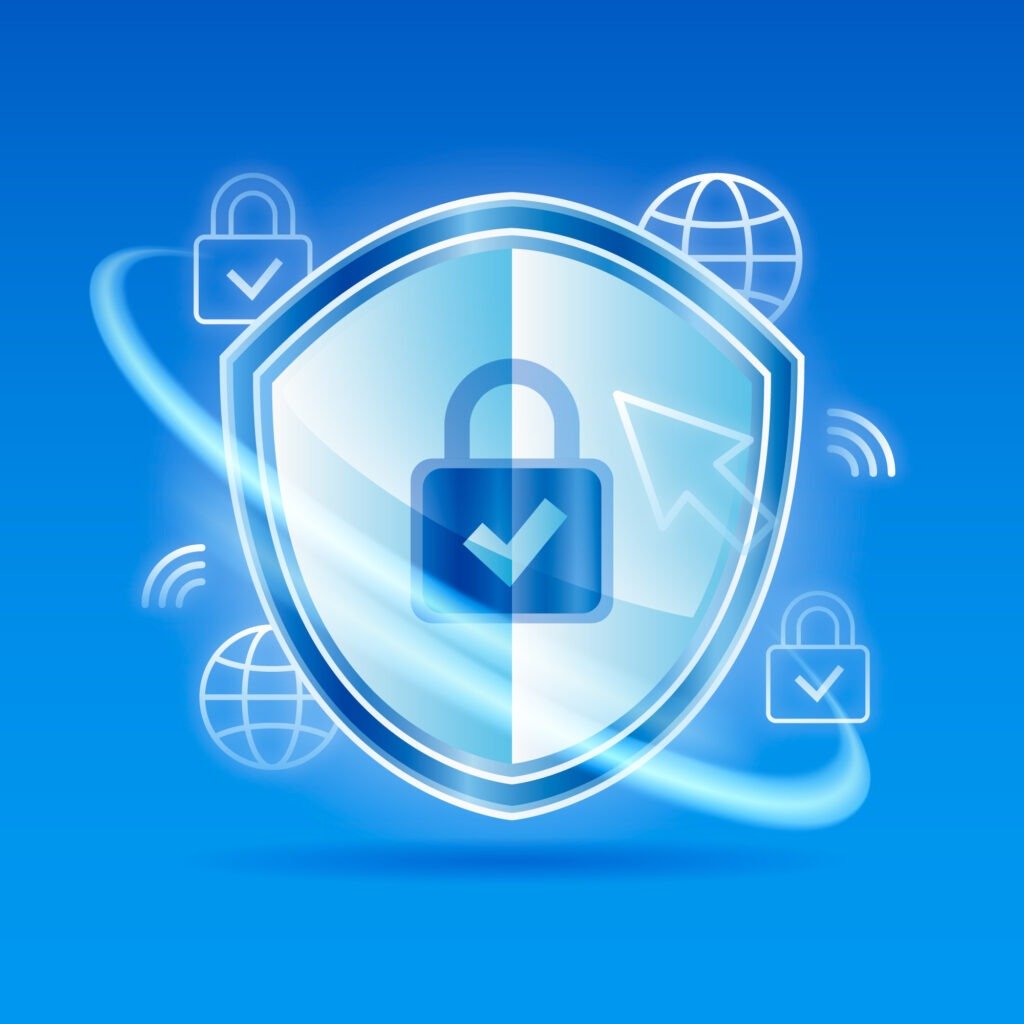As businesses increasingly embrace remote work arrangements, ensuring robust cybersecurity measures has become paramount for maintaining business resilience and safeguarding against cyber threats. This article delves into the importance of strengthening cybersecurity in remote work environments, offering insights to assist businesses in making informed decisions regarding remote staffing and enhancing their cybersecurity resilience strategies.
Recognize the Importance of Cybersecurity in Remote Work:
The shift to remote work has expanded the attack surface for cyber threats, underscoring the critical importance of cybersecurity in remote work environments. Businesses must recognize the unique challenges posed by remote work, including the use of personal devices, unsecured networks, and increased reliance on cloud-based systems. Prioritizing cybersecurity measures ensures the protection of sensitive data, intellectual property, and organizational assets in remote work settings.

Implement Multi-Layered Security Measures:
A multi-layered approach to cybersecurity is essential for mitigating risks and protecting remote work environments from cyber threats. Businesses should implement a combination of technical controls, such as firewalls, antivirus software, and encryption, alongside user awareness training and access controls. By layering security measures, businesses can create a robust defense against cyber attacks and unauthorized access to sensitive information.
"In the landscape of remote work, cybersecurity isn't just a defense—it's the cornerstone of resilience. By implementing multi-layered security measures, educating remote staff, and monitoring threats in real-time, businesses can fortify their remote work environments, ensuring continuity and safeguarding against evolving cyber threats."
Secure Remote Access and Endpoint Devices:
Securing remote access and endpoint devices is critical for preventing unauthorized access to corporate networks and data breaches. Businesses should implement secure remote access solutions, such as virtual private networks (VPNs) and multi-factor authentication (MFA), to authenticate remote users and encrypt data transmissions. Additionally, enforcing endpoint security measures, such as regular software updates, patch management, and device encryption, strengthens the security posture of remote work environments.
Educate and Train Remote Staff on Cybersecurity Best Practices:
Employee awareness and adherence to cybersecurity best practices are paramount in remote work environments. Businesses should provide comprehensive cybersecurity training and awareness programs to educate remote staff on identifying phishing attempts, avoiding social engineering attacks, and practicing good cyber hygiene. Regular training sessions and simulated phishing exercises help reinforce cybersecurity awareness and empower remote staff to become proactive defenders against cyber threats.
Monitor and Detect Security Threats in Real-Time:
Proactive monitoring and detection of security threats are essential for identifying and mitigating cyber attacks in remote work environments. Businesses should implement security monitoring tools and intrusion detection systems (IDS) to monitor network traffic, detect anomalies, and respond to security incidents in real-time. Additionally, establishing incident response procedures and conducting regular security assessments enhance the organization’s ability to detect and respond to cyber threats effectively.
In conclusion, strengthening cybersecurity in remote work environments is imperative for ensuring business resilience and protecting against cyber threats. By recognizing the importance of cybersecurity, implementing multi-layered security measures, securing remote access and endpoint devices, educating and training remote staff on cybersecurity best practices, and monitoring and detecting security threats in real-time, businesses can enhance their cybersecurity resilience and safeguard their remote work environments against evolving cyber threats. Investing in cybersecurity measures is not only a strategic imperative but also a critical step towards building a resilient and secure remote workforce for the future.






